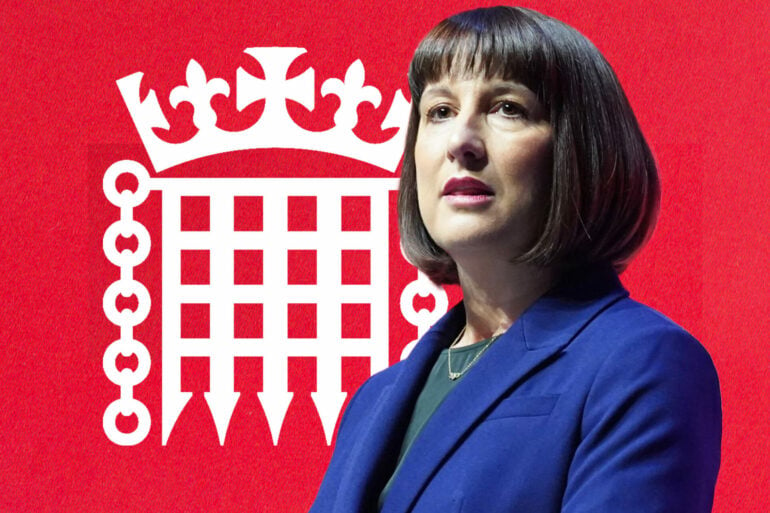Higher interest rates, weaker growth and lower tax revenues mean that fresh fiscal tightening is likely to be needed on 26th March for the Chancellor to meet her fiscal rules, according to Resolution Foundation.
But with the jobs market already in recession territory, she must avoid hitting the living standards of lower income families in the process.
Less than five months on from the Chancellor’s Autumn Budget, the UK’s economic outlook has deteriorated markedly. GDP is now expected to be around 1.2% lower, CPI inflation 0.4% higher, and interest rates expectations 0.4% higher than the OBR expected at the time of the Autumn Budget.
Most worryingly, the Foundation’s employment estimate (using ONS population and HMRC payroll data) suggested the number in work is falling at a pace consistent with a recession.
The Foundation estimated that this deterioration would lead the Office for Budget Responsibility (OBR) to revise down its projection for the current balance from a surplus of £9.9bn in 2029-30 to a deficit of around £4.4bn.
This means that without fresh policy action the Chancellor would be breaking her newly-legislated fiscal rules.
The Foundation said the Chancellor must respond decisively with fresh fiscal consolidation by the 26th March to reduce the risk of further damaging increases in cost of borrowing.
One option for the Chancellor is to trim the spending envelope ahead of the Spending Review.
Reducing the annual real increase from 2026-27 to 2029-30 (inclusive) from 1.3% to 1.2% would save £3bn in 2029-30.
However, the Foundation cautions that with ‘unprotected’ departments already facing cuts of around £9.7bn after next year, reductions risk further damaging front line services such as social care, the justice system and policing that are already under strain.
The Government is reportedly focusing on cutting incapacity and disability benefits to stem rising spending and support more people into work.
But while the system needs reform, Ministers appear to be focused on cutting Personal Independence Payments (PIP) – a benefit that isn’t related to work.
The Foundation warns that cutting PIP by £5bn in 2029-30, for example by raising the threshold to qualify for support, could see around 620,000 people losing £675 per month, on average.
The Foundation adds that 70% of these cuts would be concentrated on families in the poorest half of the income distribution.
Any changes to PIP and incapacity benefits must be handled very carefully, says the Foundation, so that the system is improved and able to support people back into work, rather than simply cause negative income shocks.
Instead, the Foundation has urged the Government tp raioe taxes to meet the fiscal rules.
Extending the freeze in personal tax thresholds by a further two years to 2029-30 would raise around £8bn.
Crucially, this would not affect living standards in the short-term as the policy wouldn’t take effect until April 2028, while 80% of extra revenue would come from families in the richest half of the income distribution.
James Smith, research director at the Resolution Foundation, said: “The UK’s economic outlook has declined markedly since the Budget last Autumn. Weaker growth and higher interest rate expectations look set to turn the UK’s projected current surplus of £10bn into a deficit of around £5bn.
“The Chancellor must act decisively to meet her fiscal rules. But with the jobs market in recession territory, lower income households shouldn’t bear the brunt of any consolidation.
“Crucially, she should avoid turning the Spring Statement into a ‘sticking plaster’ Budget, with long-term thinking on welfare reform undermined by the quest for short-term savings that could cause real harm.
“And with Britain’s fiscal pressures more likely to intensify rather than fade away, continuing to rule out tax rises is going to make future Budgets even more challenging to deliver.”



